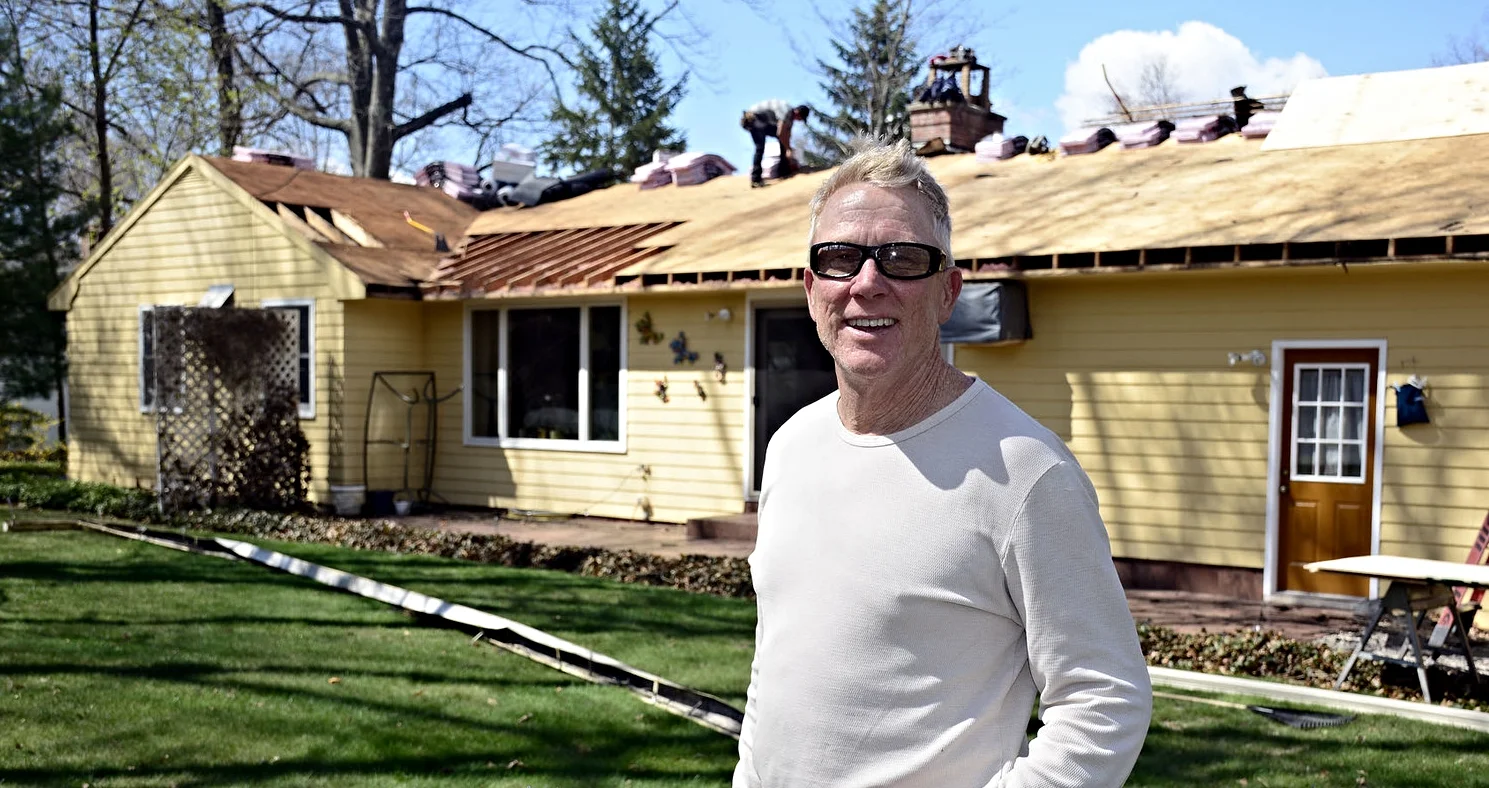Add a Roof Inspection to Your Fall To-Do List
Chelsea O'Donnell
Your roof is one of the most critical parts of your home, yet many homeowners don’t think about it until there’s a problem. That’s why I recommend conducting a thorough roof inspection twice a year, ideally in the spring and fall. If there are any issues now, the cold and snow of winter could turn a small problem into a major headache.
Start with a Visual Check
Take a good look at your roof. Do the shingles appear to be in good shape? Is there any sagging or discoloration? Dark spots on the exterior or ceiling cracks and yellowing inside your home can be red flags signaling roof deterioration. Addressing these issues early can save you from costly repairs down the road.
Consider the Age of Your Roof
The lifespan of most roofs is around 20 years, but that can vary depending on the quality of installation, insulation, and ventilation. A well-installed roof with proper insulation and ventilation can last longer, but if your roof is approaching or has surpassed the 20-year mark, it’s time to consider a replacement. This is especially important if you’ve recently bought your home or are planning to purchase one. Knowing the age of the roof can help you plan for future maintenance or replacement.
Check for Shingle Damage
Are your shingles curling, splitting, or falling off? This kind of wear and tear often comes with age and exposure to the elements. Damaged shingles make your roof more vulnerable to leaks, which can lead to significant damage inside and outside your home. Look at where your downspouts deposit water—if you notice a lot of granules on the ground, it’s a sign that your shingles are deteriorating and may need to be replaced.
Watch for Moss and Mold
Moss or mold growth on your roof can be more than just a cosmetic issue. While it might be something a good cleaning can fix, it could also indicate trapped moisture and rotting plywood beneath the shingles. A professional inspection can help you determine if it’s a simple cleaning job or if more extensive repairs are needed.
Inspect Your Ceilings for Water Damage
If you notice yellowish-brown stains or cracks on your ceilings, it could be a sign of water damage coming from your roof. This is an issue you don’t want to ignore. Leaks tend to worsen over time, leading to more extensive and costly damage. Addressing them early can prevent a minor issue from becoming a major one.
Get a Professional Opinion
If you’re unsure about the condition of your roof, many roofing professionals offer free inspections. A qualified roofer can assess your roof’s current state and give you an estimate of how much longer it might last. One of the most common reasons roofs fail prematurely is poor ventilation and insulation, which can lead to early aging and rot. A good roofer will explain your options and help you make the best decision for your home.
If you need a roof inspection or any home improvement advice, don’t hesitate to reach out. A little preventative maintenance now can save you a lot of time, money, and stress later on.
Bob O’Donnell is the owner of O’Donnell Bros. Inc., a Bristol-based home improvement company established in 1975. For questions, email info@odonnellbros.com with the subject line “Ask the Pro.” Questions may be selected for publication. To contact Bob for your remodeling needs, call O’Donnell Bros. Inc. at (860) 589-5155 or visitwww.odonnellbros.com. Advice is for guidance only.
